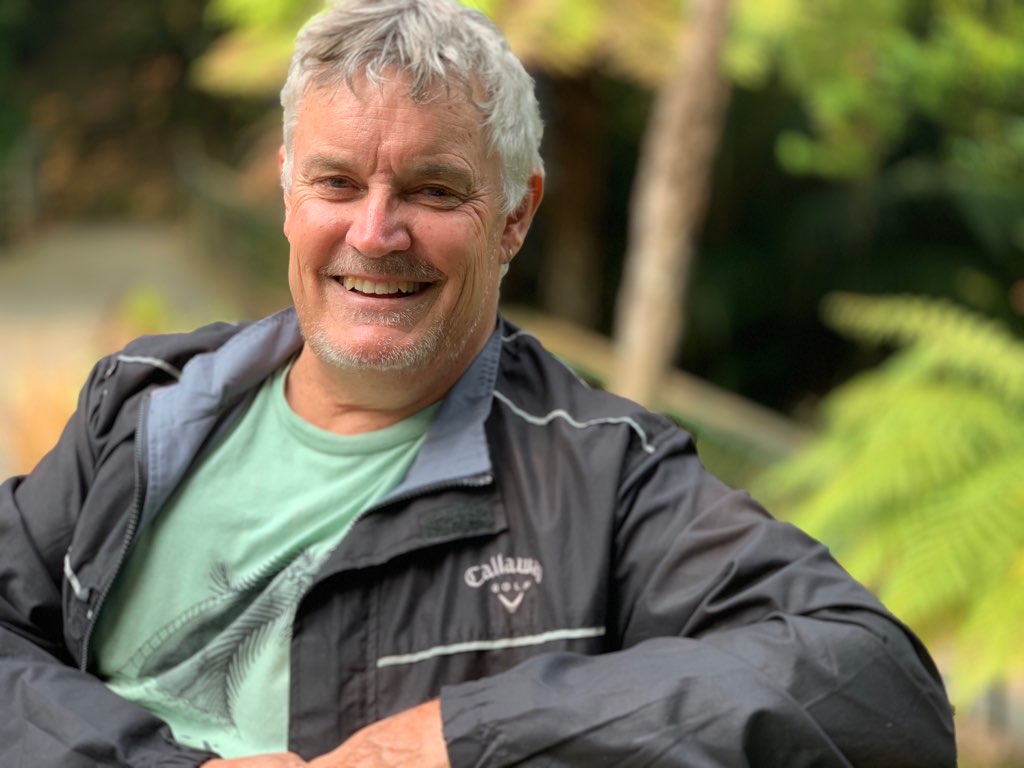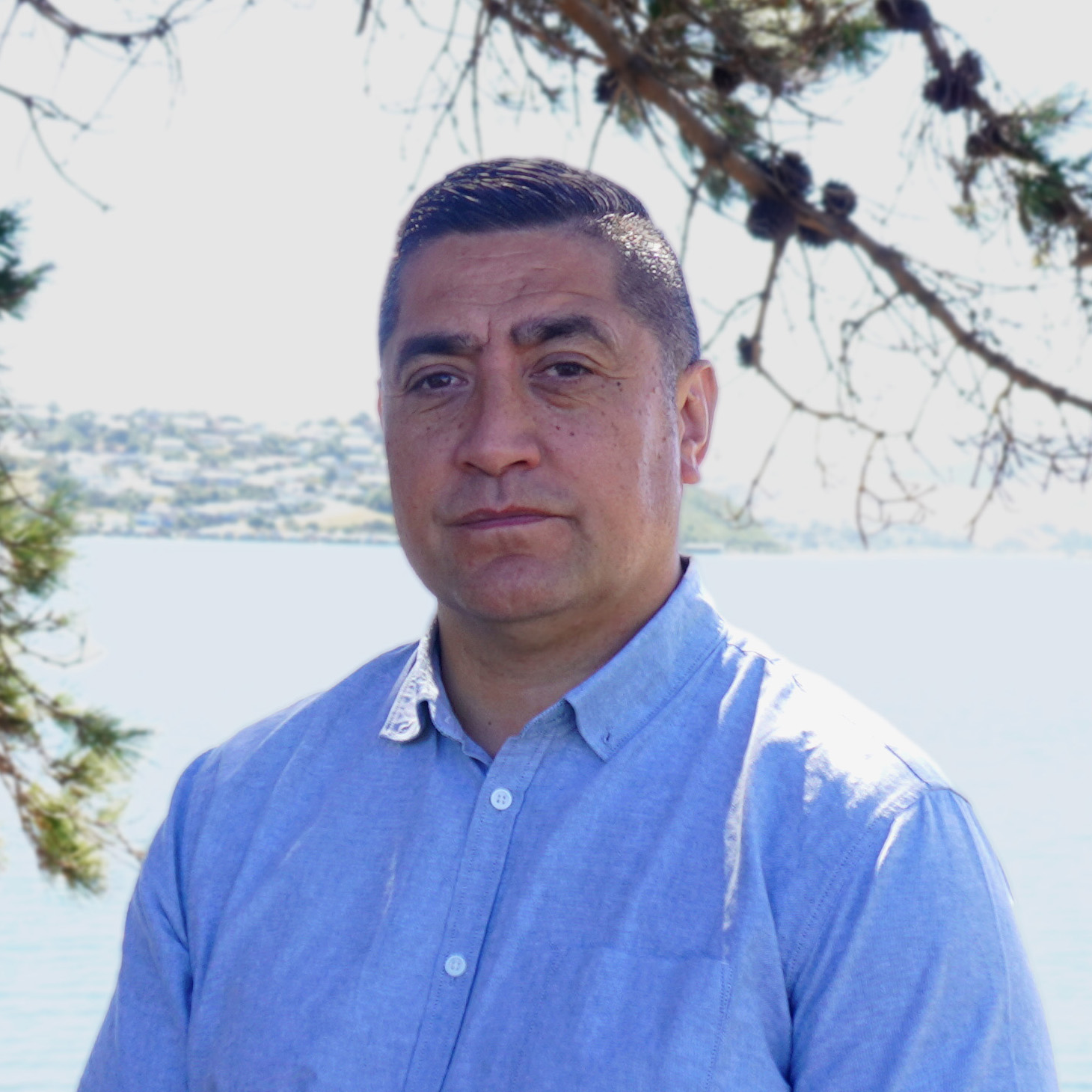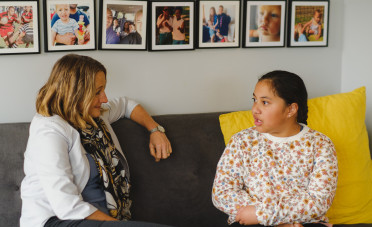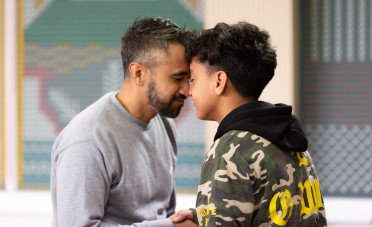Oranga Tamariki has around 1580 whānau caregivers and 925 non-whānau caregivers looking after children in our care.
These caregivers come from different cultures, backgrounds and experiences. But all have one thing in common – they have taken the selfless and significant step to look after a young person in need.
And there's always a need for more.
Part of the effort to recruit and retain good caregivers is providing them with training and support, which has been a big focus for Oranga Tamariki.
That support looks different across areas and agencies, but with one shared goal – making sure caregivers have the support they need, to provide a safe and stable home.
In the Wellington region, there are a number of different agencies offering this kind of support, including Wesley Community Action, Kōkiri Marae and iwi, Ngāti Toa.





